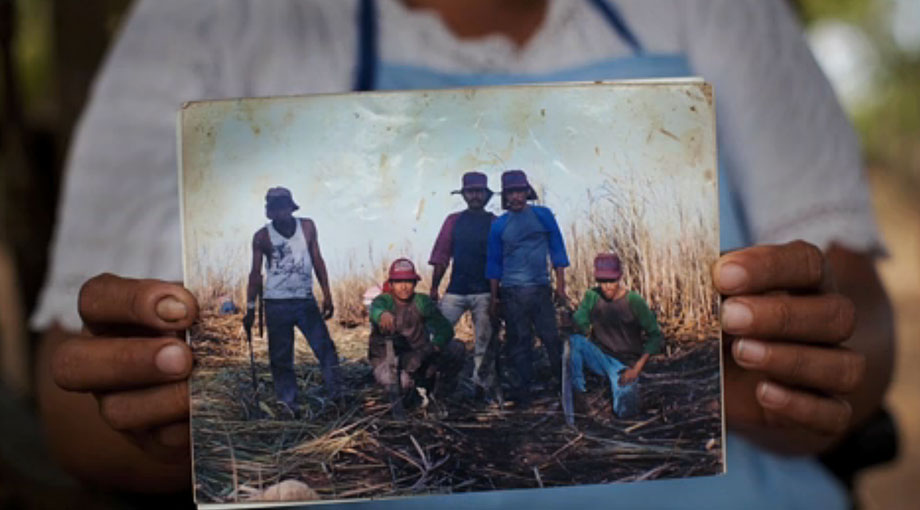1
A wave of chronic kidney disease is devastating communities along the Pacific coast of Central America. Each year from 2005 to 2009, kidney failure has killed more than 2,800 men in that region, according to an analysis of global health data.
2
Victims are mostly men who conduct manual labor — mostly harvesting sugarcane. In El Salvador and Nicaragua over the last two decades, the number of men dying from kidney disease has risen fivefold.
3
The disease’s cause remains a mystery. A key contributing factor and potential culprit: dehydration and heat stress from strenuous labor. Researchers also suspect that exposure to an unknown toxin may trigger onset of the disease.
4
The World Bank issued more than $100 million in loans to Nicaragua’s sugar industry during the height of the epidemic without formal consideration of the kidney disease among its workers.
5
Central America accounts for one-fourth of the US's raw sugar imports. Those with the resources to solve the mystery — the U.S. and other wealthy nations and international development agencies — largely have resisted pleas to investigate.
